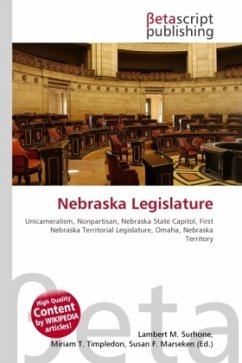The Kansas-Nebraska Act of 1854 created the territories of Kansas and Nebraska, opened new lands, repealed the Missouri Compromise of 1820, and allowed settlers in those territories to determine if they would allow slavery within their boundaries. The initial purpose of the Kansas-Nebraska Act was to create opportunities for a Mideastern Transcontinental Railroad. It was not problematic until popular sovereignty was written into the proposal. The act was designed by Democratic Senator Stephen A. Douglas of Illinois. The act established that settlers could vote to decide whether to not allow slavery, in the name of popular sovereignty or rule of the people. Douglas hoped it would ease relations between the North and the South, because the South could expand slavery to new territories but the North still had the right to abolish slavery in their states. Instead, opponents denounced the law as a concession to the slave power of the South. The new Republican Party, which was created in opposition to the act, aimed to stop the expansion of slavery, and soon emerged as the dominant force throughout the North.
Bitte wählen Sie Ihr Anliegen aus.
Rechnungen
Retourenschein anfordern
Bestellstatus
Storno








